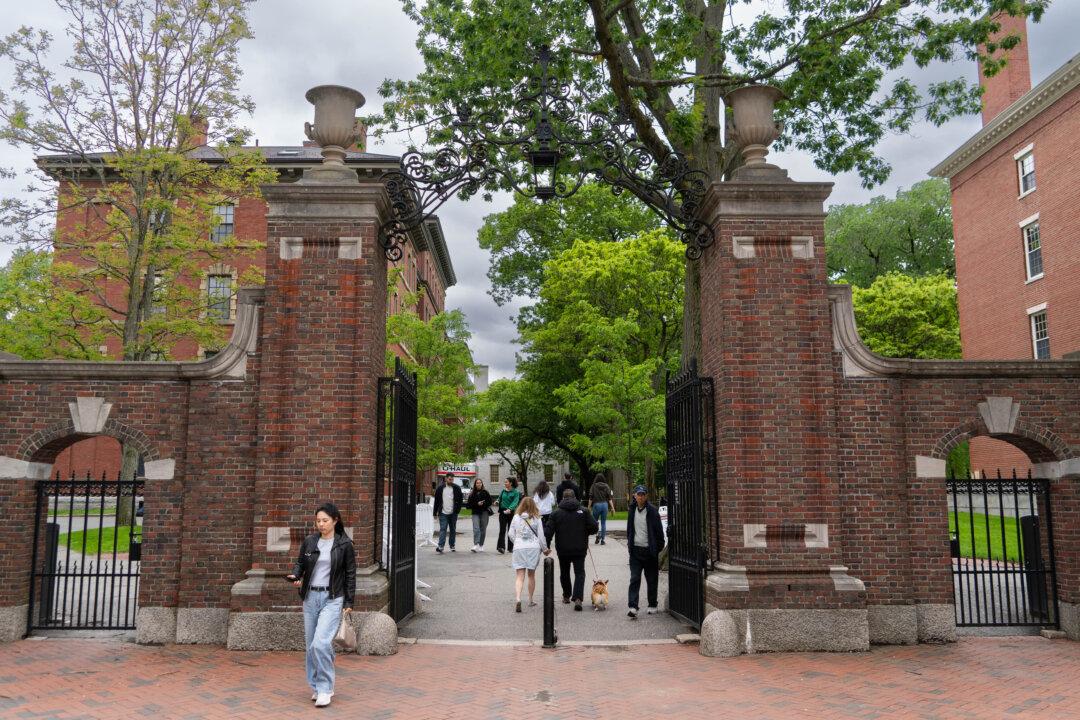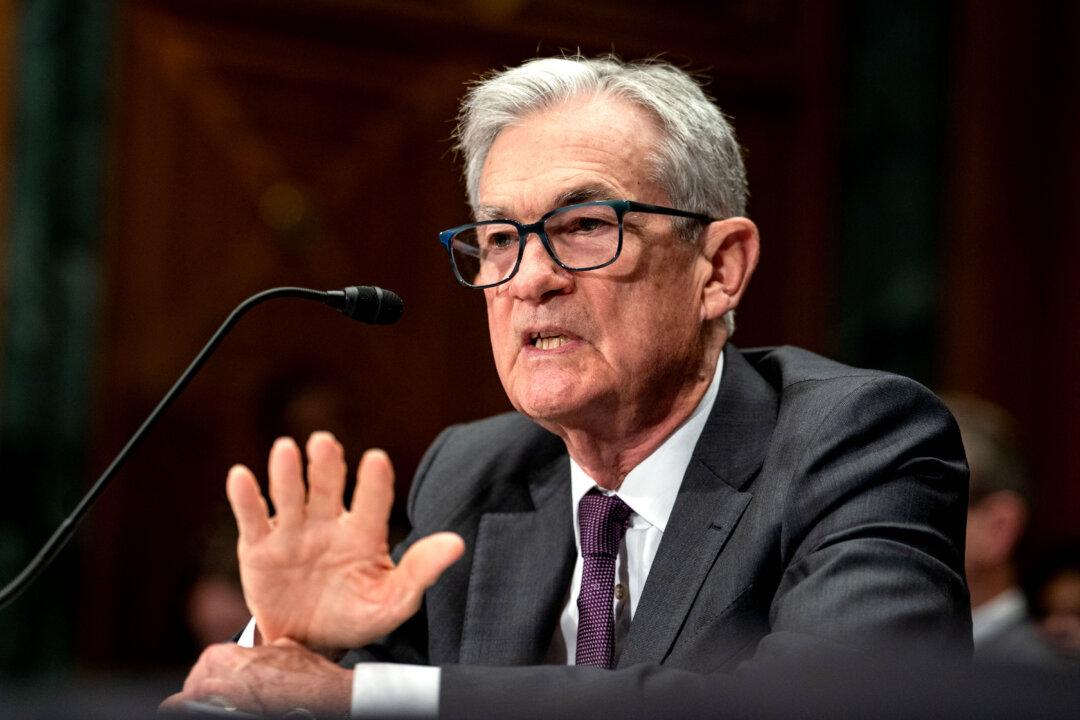A federal judge on June 5 blocked President Donald Trump’s proclamation suspending international visas for new students at Harvard University.
Burroughs issued a temporary restraining order blocking the Department of Homeland Security from revoking Harvard’s ability to sponsor international students on certain nonimmigrant visas to “ensure fairness to all as this case proceeds.” She said her May 23 temporary restraining order is now extended to June 20, or until a preliminary injunction in the case can be issued.
In May, the Department of Homeland Security (DHS) issued a directive to revoke Harvard’s certification under the Student and Exchange Visitor Program (SEVP), which allows the institution to enroll foreign students. When announcing the directive, Homeland Security Secretary Kristi Noem alleged that Harvard fosters ties with the Chinese Communist Party.
U.S. District Court Judge Allison Burroughs last week said she would continue blocking the agency from revoking Harvard’s certification, and ordered the Trump administration to hold off indefinitely from making any changes to the college’s international student visa program.
In the Thursday court filing, Harvard accused the administration of trying to circumvent Burroughs’ order that halted the Homeland Security Department from revoking Harvard’s SEVP certification.
“No credible or rational justification exists for singling out Harvard in this way,” the filing states. “The Proclamation is a transparent attempt to circumvent the temporary restraining order this Court already entered against the summary revocation of Harvard’s SEVP certification.”
The college also accused the Homeland Security Department of violating its right to due process by failing to provide adequate notice before moving to revoke its certification.
“Defendants’ actions deprive Harvard of its constitutionally protected property interest in continued certification; prevent Harvard from continuing its robust F-1 visa program, which has long inured to the benefit of the broader Harvard community; damage Harvard’s reputation as a global research institution; and disrupt years of careful institutional planning and resource allocation with respect to its F-1 program,” the filing continues.
Harvard President Alan M. Garber issued a statement shortly after the school submitted the court filing.
“Singling out our institution for its enrollment of international students and its collaboration with other educational institutions around the world is yet another illegal step taken by the Administration to retaliate against Harvard,” he said.
Garber added that the Harvard International Office will begin reaching out to students and scholars who might be affected by Trump’s Wednesday proclamation.
The White House did not respond to a request for comment by publication time.
On Thursday, Trump told reporters that he wasn’t singling out all foreign students in his actions against Harvard.
“We want to have foreign students, but we want them to be checked. You know, in the case of Harvard and Columbia and others, all we want to do is see that list,” Trump said, referring to the schools’ lists of enrolled foreign students.
“We want to see that list. Harvard didn’t want to give us the list. They’re going to be giving us the list now. I think they’re starting to behave.”
In addition to taking issue with DEI and raising allegations of on-campus anti-Semitism and alleged ties to the Chinese regime, Trump has also accused Harvard of lacking viewpoint diversity among its students and faculty.
Harvard argued that the administration’s efforts violate its First Amendment rights and that the latest actions against the school are a form of political retaliation from Trump.







